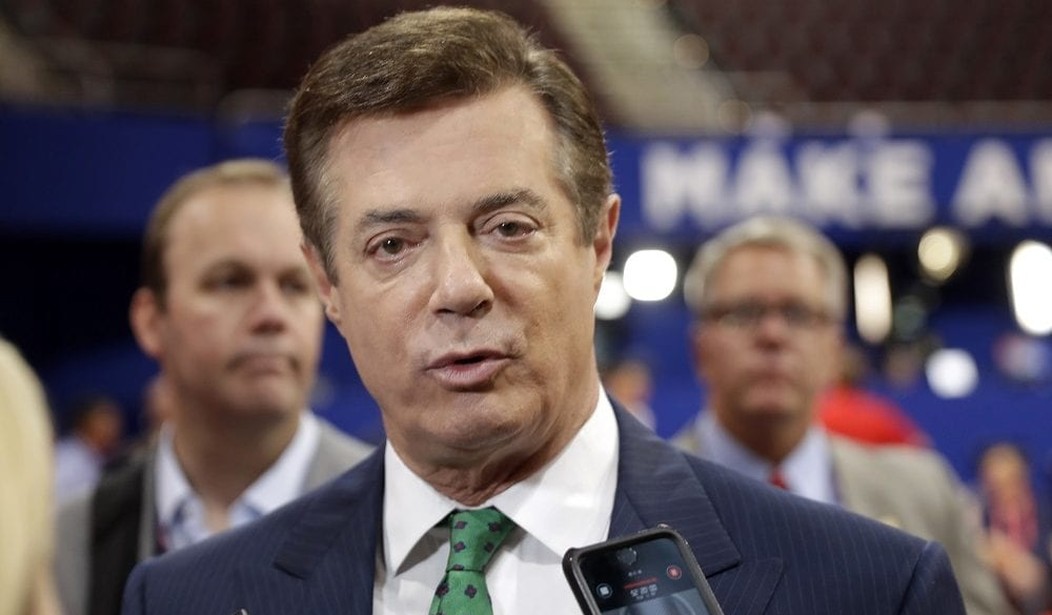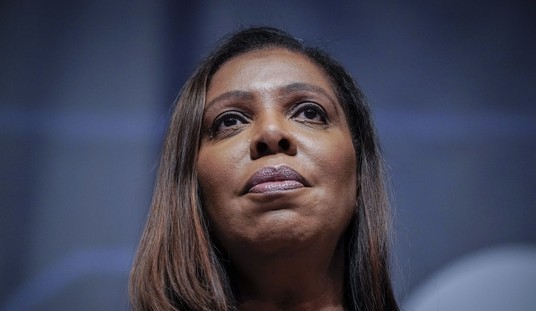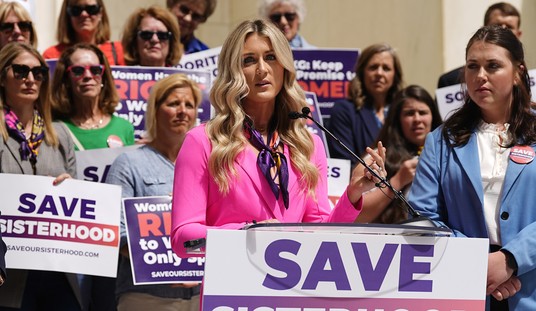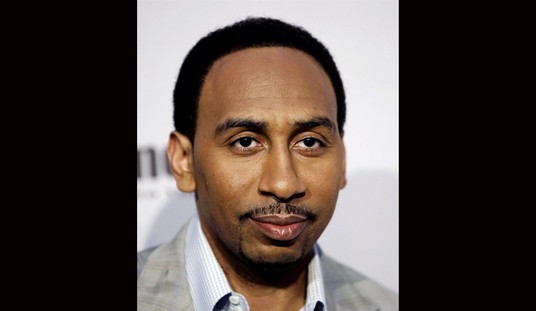He sought Trump out.
At least that’s what it sounds like.
Newly released documents that were handed over as part of the Senate investigation into possible collusion between Trump’s team and Russia show that Paul Manafort aggressively sold himself to Trump, building himself up in bigger than life terms and even offering to work for free.
The New York Times covered the odd account of Manafort’s efforts.
On Feb. 29, 2016, Mr. Manafort, the former lobbyist and Republican operative who now sits at the nexus of investigations into Russia’s meddling in the presidential election, reached out to Mr. Trump with a slick, carefully calibrated offer that appealed to the candidate’s need for professional guidance, thirst for political payback — and parsimony.
Of all those Trump associates who have found themselves at the center of questions regarding just how tight the ties between Trump’s team and Russia may be, Manafort casts the widest shadow.
Manafort claims that he had a brief connection with Trump in the 80s, and that Trump eventually contacted him, with the idea being that he’d simply work for Trump during the convention, but that it blew up into his becoming Trump’s campaign manager.
But it was Mr. Manafort who made initial contact, the documents show. It began when he sent two succinct memos to Mr. Trump through Thomas J. Barrack Jr., a mutual friend.
Mr. Barrack, in turn, appended an effusive cover letter that described Mr. Manafort in terms that Mr. Trump would like, calling him “the most experienced and lethal of managers” and “a killer.”
Mr. Manafort touted his overseas work, now the subject of investigations in the United States and Ukraine, as proof he was not part of the Washington establishment that Mr. Trump hated.
“I have managed Presidential campaigns around the world,” Mr. Manafort wrote. “I have had no client relationships dealing with Washington since around 2005. I have avoided the political establishment in Washington since 2005.”
“I will not bring Washington baggage,” he added.
Those letters were passed on through Ivanka Trump and Jared Kushner.
Manafort was brought into the campaign at the end of March and worked for Trump for six months, crafting his message, convincing Trump the candidate to stay on script, and to put money into ads and organizing.
He decided that Mr. Manafort should replace Corey Lewandowski, his campaign manager, in June after a push by Mr. Trump’s adult children and Mr. Kushner. But Mr. Trump thought Mr. Manafort was not tough enough, and he was gone by the fall, replaced by Stephen K. Bannon, who was much more of a raw-rage outsider.
That, and the question of Manafort’s ties to a Russian oligarch became a bit uncomfortable.
Still, his zeal to work for Donald Trump’s team is pretty breathtaking.
In five single-spaced pages of punchy talking points, Mr. Manafort showed how as a onetime lobbyist he had adeptly won over rich and powerful business and political leaders, many of them oligarchs or dictators, in Russia, Ukraine, the Philippines and Pakistan.
He began by telling the candidate he lived on an upper floor of Trump Tower. This was no trivial point: It signaled his wealth and a willingness to work 15-hour days in a building that housed both his lavish apartment and Mr. Trump’s bare-bones campaign. It also meant Mr. Manafort had already put his money — in the form of an apartment purchase — into Mr. Trump’s brand, which meant a lot to the candidate, a transactional developer and politician, aides said.
He went on to paint himself as an “outsider” and anti-establishment.
He referred to Karl Rove as his “blood enemy” – some bizarre theatrics if you’re applying for a job, but he apparently thought Trump would appreciate it.
Apparently, Rove and Lee Atwater were battling against a friend of his and Roger Stone’s to lead the College Republicans in the 1960s.
Rove seemed kind of taken aback to find that Manafort referred to him as a “blood enemy” after so many decades had passed.
Mr. Manafort also cast himself as a warrior against the party’s conservatives, even at a time when Mr. Trump was reaching out to the right wing and courting evangelical Christians. Speaking of his previous experience as a convention manager for several Republican presidential candidates, Mr. Manafort wrote, “I have had to confront the Extreme Right,Tea Party, Rush Limbaughs etc.”
And of course, there was the “I’ll work for free” thing. It was enough to sell Trump, who thought he was getting a real bargain.
These are all the things that will come out as the hearings progress.
And the ensuing question will likely be: Why? Why was he so anxious to gain access to the Trump campaign? If he wasn’t getting paid for his troubles, then what was he getting for it?
Things that make you go, “Hhmmm…”












Join the conversation as a VIP Member